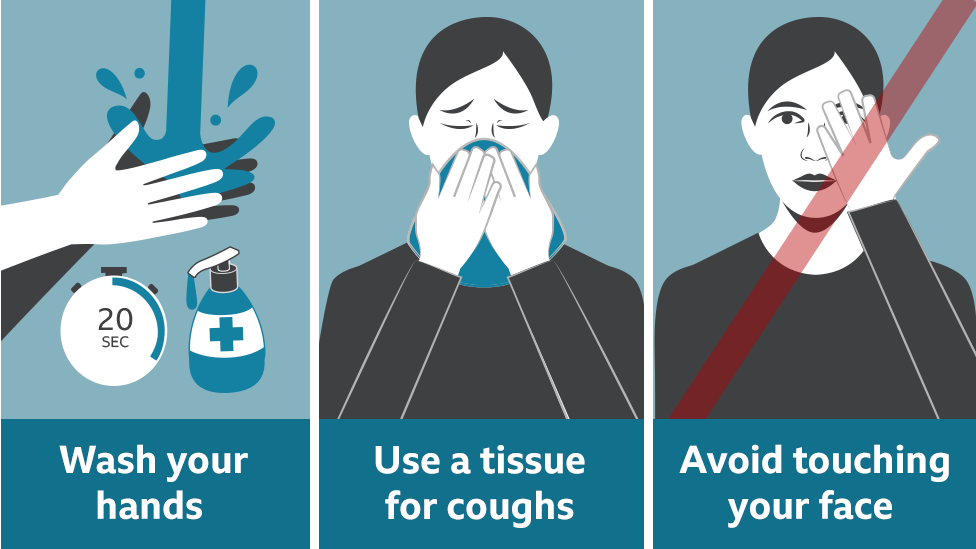
Protecting against COVID-19
In our country, the people most at risk of getting COVID-19 corona virus infections are those who have:
- recently returned from overseas
- been in close contact with someone who has been diagnosed with COVID-19
Based on what we know so far about COVID-19 and what we know about other corona viruses, those at greatest risk of serious infection are:
- people with compromised immune systems
- people with diagnosed chronic medical conditions
- elderly people
It is important to remember that even healthy young adults can have a severe disease caused by COVID-19.
People living in group residential settings are at greater risk of being exposed to outbreaks of COVID-19 if a case is diagnosed in a resident or staff member. This includes:
- people living in residential aged care facilities and disability group homes
- people in detention facilities
- students in boarding schools
- people on Cruise Ships
People living in some group residential settings are also more likely to have conditions that make them at greater risk of serious COVID-19 infection.
Newborn babies and infants do not appear to be at increased risk of complications from the infection. Most children and adolescents with COVID-19 have mild or no symptoms and recover within one to two weeks.

The best way to protect yourself and your family is the same as you would against any respiratory infection. Practice good hygiene by:
- making sure to clean your hands thoroughly for at least 20 seconds with soap and water, or an alcohol-based hand rub
- cover your nose and mouth when coughing and sneezing with a tissue or a flexed elbow
- avoid close contact with anyone with cold or flu-like symptoms
- make sure you stay home if you are sick
If you have been identified as a contact of a person with confirmed COVID-19 infection the local public health unit will contact you with advice. You need to isolate yourself at home for 14 days after contact with the infected person, and to monitor your health and report any symptoms.
Person to person spread of corona viruses generally occur between people who are close contacts with one another. A close contact is typically someone who has been face to face for at least 15 minutes, or been in the same closed space for at least 2 hours, with a person who was infectious.
If your contact with the person was less than this, there is a much smaller risk of you being infected. However, as a precaution you must still monitor your health until 14 days after you were last exposed to the infectious person.
If you develop symptoms including a fever and/or respiratory signs, please call ahead to talk to a doctor. Tell your doctor that you have been in contact with someone with COVID-19. The doctor may tell you to attend your nearest emergency department, if so, when you arrive, immediately tell staff you have had contact with someone with COVID-19.
